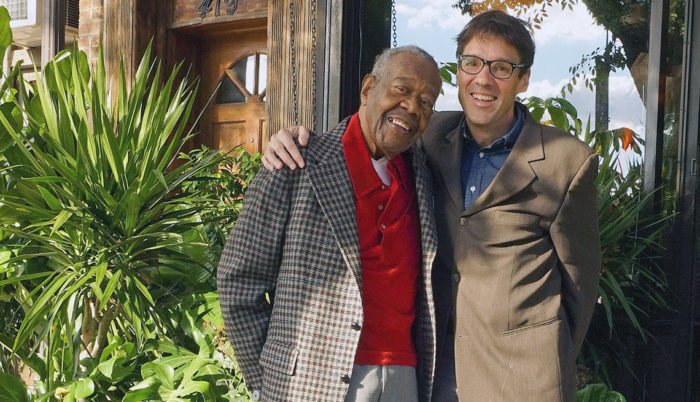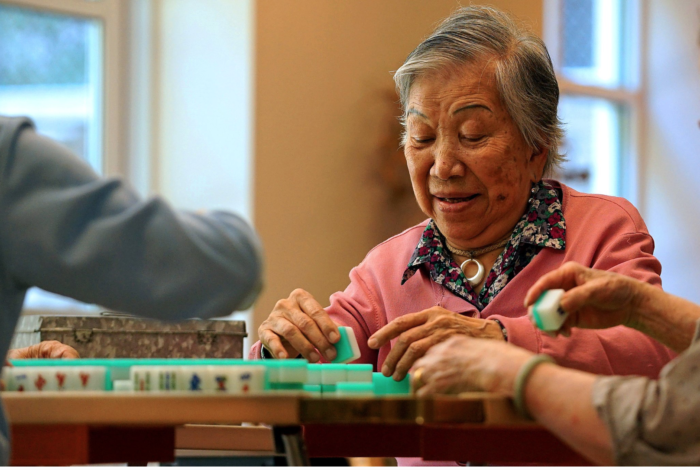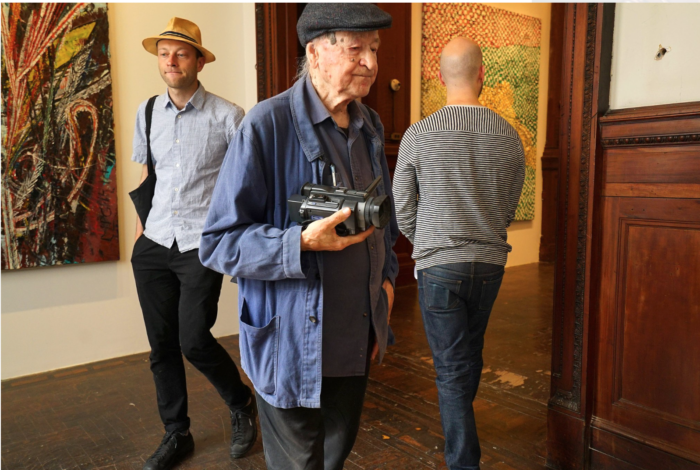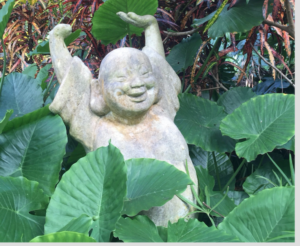In his best-selling book, “Happiness is a Choice You Make,” the author, John Leland makes the intriguing claim, “If you want to be happy, think like an old person.”
Curious about Leland’s thesis, I scooped up his book, eager for tips on being happy in my advanced years and wanting to escape the lot of the old people in my family who departed on less than a positive note.
My paternal grandmother railed at her live-in help; my maternal grandmother became depressed at outliving her siblings and most of her friends; my father who was used to being in control resented his physical decline; my mother maintained her gentle persona but her final years were marked by a deep longing for her younger self.
Leland, a 55 year-old New York Times reporter was given the assignment to follow for a year six elders, whom he describes as “the oldest of the old.”
The subjects, who lived in and around Manhattan were: Fred, 88, a World War ll vet who never married but had four children from different women; Ping, a widow, aged 90, born in Hong Kong and living in a rent-controlled apartment near Gramercy Park; Helen, 90, living in a retirement home where she met her 69 year-old boyfriend; John, 91, a gay decorator who needs a walker but refuses one out of pride; Ruth, 91, a highly educated widow with a supportive family; and Jonas Mekas, 92, a still-working filmmaker, writer and artist.
Each of Leland’s subjects had significant physical disabilities and reduced finances but they didn’t allow them to define their lives. They continued to find meaning in their daily routines, focusing on what they had rather than what they’ve lost. This discovery was a revelation to Leland who had assumed that a good life disappeared when the body could no longer function as it used to.
Leland’s subjects complained about their physical limitations and the accompanying pain, but they never stayed in this place for long. They were quick to emphasize the positives in their routines.
For Ping it’s her mah-jongg circle; Fred enjoyed dressing in a dapper style for his occasional outings; wheelchair-bound Helen loved flirting with her boyfriend, Howie, another resident in her nursing home; Jonas, the only one of the six still engaged in a career focused on what he could now accomplish rather than lamenting how his poor eyesight restricts him. John, who desperately missed his partner, found that listening to the opera brightened his day. Ruth enjoyed the company of her large family who visited fairly often.
Being in my ‘70’s I wasn’t as surprised as Leland by his subjects’ positive adaptations. I’m learning to accept my physical limitations and not let them depress me. Having arthritis means I can’t perform the Pilates exercises I could do just six years ago. Night driving raises my anxiety so I rarely attempt it. I tire more easily, luxuriating in an afternoon nap.
For some octogenarians the changes brought about by aging can feel like an unexpected gift, providing the opportunity for a more expansive perspective.
Adelaide, a treasured 92 year-old acquaintance of mine has learned to adjust her worldview, discovering a new appreciation for her arthritic hands: “I now see beauty in the imperfect, like clumps of weeds. My body may be ugly in some ways, but I have never loved it more.”
Connie, age 82 and a good friend of Adelaide’s puts a positive spin on being newly single: “I find the gift in living alone allows me to be undisturbed. Without the presence of another I am expanding in a new way. There is no one to reflect back to me, so a new aspect of my life is opening.”
Adelaide never fails to inspire me. I was struck by her ability to find richness in her time alone. She told me: “It has been a privilege to live a long life. I have needed this time to become what I’m becoming. I would not want to die before I had a chance to be quiet and alone and thoughtful. I’m now clearer about myself.”





